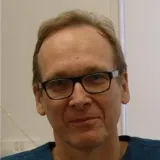
Professor David Edwards MA MBBS DSc FRCP FRCR FRCPCH FMedSci
Director, Insititute for Women & Children's Health
Research interests
- Biomedical and life sciences
- Child & Family
- Women
Biography
David Edwards is a consultant neonatologist at the Evelina London Children's Hospital and Professor of Paediatrics & Neonatal Medicine at King's College London. He has studied the mechanisms of perinatal brain damage, working to reduce death and severe neurological impairment caused by: (a) birth asphyxia, which kills more children than malaria with the annual global loss of 50 million Disability-Adjusted Life Years (DALY); and (b) brain abnormalities associated with preterm birth, which annually causes 77 million lost DALY, the 8th highest of the 291 conditions assessed by the 2010 Global Burden of Disease Study.
He has made two principal contributions:
• He discovered that the mechanism of birth asphyxia critically includes the triggering of massive neural apoptosis. He found that reduced temperature interrupts a post-asphyxial apoptotic programme and with colleagues around the world translated this discovery into the first successful treatment for birth asphyxia, now in routine use across the world.
• He implemented Magnetic Resonance Imaging (MRI) to study very preterm infants, installing an MRI scanner in the Neonatal Intensive Care Unit to allow the sickest and most vulnerable infants to be engaged in research programmes. He showed that the predominant problem after preterm birth is a widespread disruption of brain development, and discovered biochemical and genetic evidence of inflammatory mechanisms of damage which are candidates for therapeutic intervention.
He now leads the €15m European Research Council Developing Human Connectome Project, which is making available over 1000 fetal and neonatal brain MR images to allow researchers to study the development of brain connectivity in the perinatal period His work made him in 2007 only the second British winner of the prestigious Arvo Ylppo International Gold Medal and €50,000 Prize, presented by the Finnish National Academy once every 5 years. Many members of his research group have gone on to become professors and/or department heads in major institutions.
He directs the Centre for the Developing Brain in King’s College London and the King’s Health Partners Institute for Women & Children’s Health.
Research

Wellcome EPSRC Centre for Medical Engineering
The Centre focuses on the science and engineering of medical imaging. The UK is strong in medical imaging, with the Centre hosting the largest research group in this area in Europe.The Centre combines fundamental research in engineering, physics, mathematics, computing, and chemistry with medicine and biomedical research. The 400 inter-disciplinary scientists in the Centre are transforming the diagnosis and treatment of patients, and will deliver exceptional research.
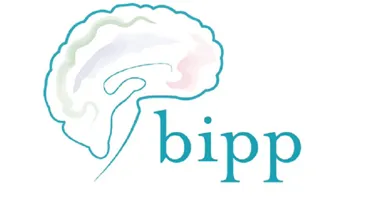
BIPP Study
The BIPP Study is a longitudinal follow-up study of brain development and childhood outcomes following very preterm birth, led by Professor Chiara Nosarti.
Project status: Ongoing
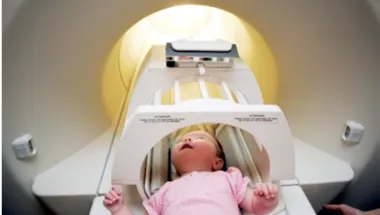
Brain Imaging in Babies (BIBS)
The Brain Imaging in Babies Study (BIBS) aims to improve understanding of how a baby's brain develops from before birth up until 3-4 years of age.
News
New eye tracking controlled VR system enhances MRI scans for young children
Researchers from King’s College London have developed new eye tracking technology which enables young children to engage in an immersive Virtual Reality (VR)...
Patterns of brain connectivity differ between preterm and term babies
A new King’s College London scanning study of 390 babies has shown distinct patterns between term and preterm babies in the dynamic (moment-to-moment)...
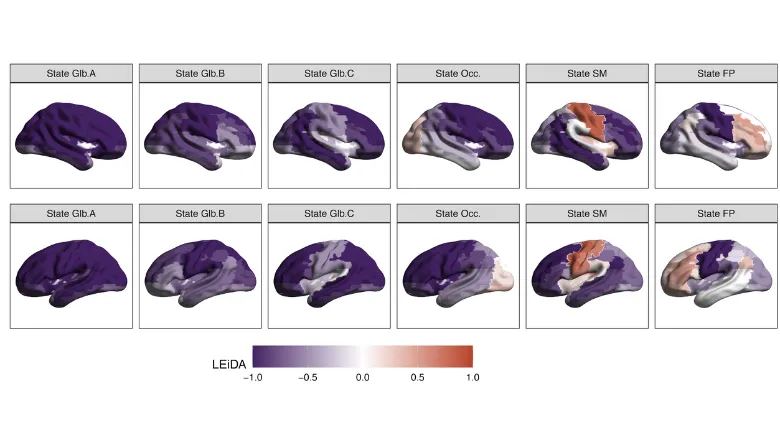
New Year Honours for King's staff
King's academics have been recognised in the 2024 New Year Honours list.
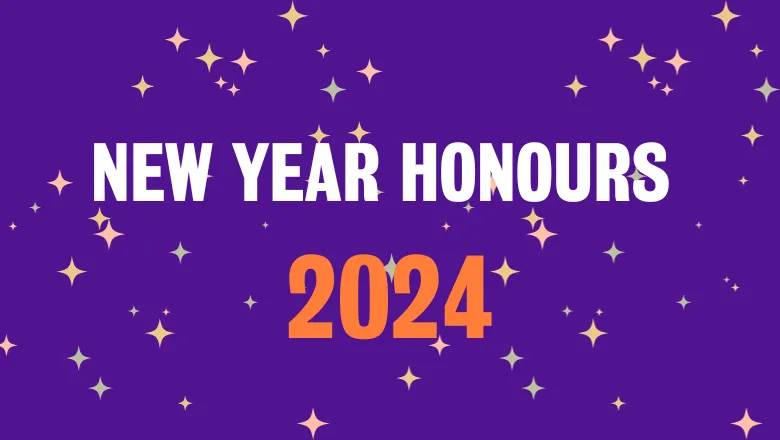
Professor David Edwards receives James Spence Medal
Professor David Edwards has been awarded the Royal College of Paediatrics and Child Health’s (RCPCH) highest honour, the James Spence Medal for 2023.
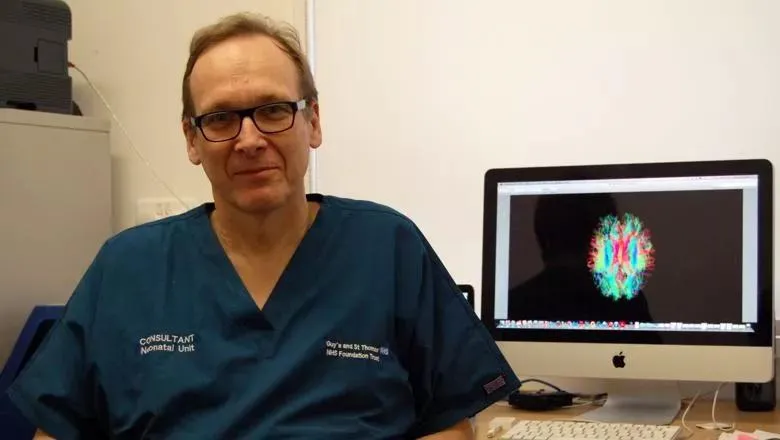
Professor David Edwards receives Medical School's personal tutor of the year award
Professor Edwards was cited as a source of support and encouragement for his tutees over the years

Brain charts map the rapid growth and slow decline of the human brain over our lifetime
The dHCP, a large open science project is an important part of the paper, having provided high quality, otherwise difficult to obtain brain MRIs of newborn...

Research

Wellcome EPSRC Centre for Medical Engineering
The Centre focuses on the science and engineering of medical imaging. The UK is strong in medical imaging, with the Centre hosting the largest research group in this area in Europe.The Centre combines fundamental research in engineering, physics, mathematics, computing, and chemistry with medicine and biomedical research. The 400 inter-disciplinary scientists in the Centre are transforming the diagnosis and treatment of patients, and will deliver exceptional research.

BIPP Study
The BIPP Study is a longitudinal follow-up study of brain development and childhood outcomes following very preterm birth, led by Professor Chiara Nosarti.
Project status: Ongoing

Brain Imaging in Babies (BIBS)
The Brain Imaging in Babies Study (BIBS) aims to improve understanding of how a baby's brain develops from before birth up until 3-4 years of age.
News
New eye tracking controlled VR system enhances MRI scans for young children
Researchers from King’s College London have developed new eye tracking technology which enables young children to engage in an immersive Virtual Reality (VR)...
Patterns of brain connectivity differ between preterm and term babies
A new King’s College London scanning study of 390 babies has shown distinct patterns between term and preterm babies in the dynamic (moment-to-moment)...

New Year Honours for King's staff
King's academics have been recognised in the 2024 New Year Honours list.

Professor David Edwards receives James Spence Medal
Professor David Edwards has been awarded the Royal College of Paediatrics and Child Health’s (RCPCH) highest honour, the James Spence Medal for 2023.

Professor David Edwards receives Medical School's personal tutor of the year award
Professor Edwards was cited as a source of support and encouragement for his tutees over the years

Brain charts map the rapid growth and slow decline of the human brain over our lifetime
The dHCP, a large open science project is an important part of the paper, having provided high quality, otherwise difficult to obtain brain MRIs of newborn...

